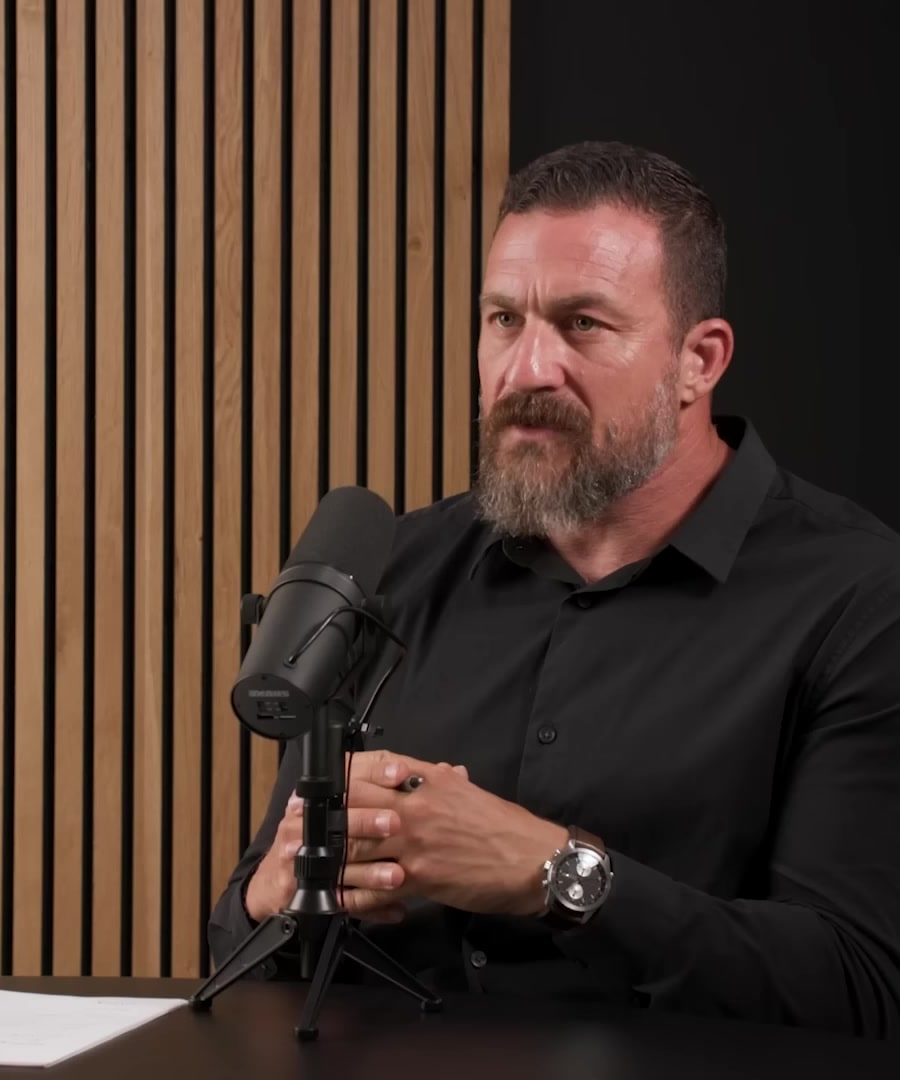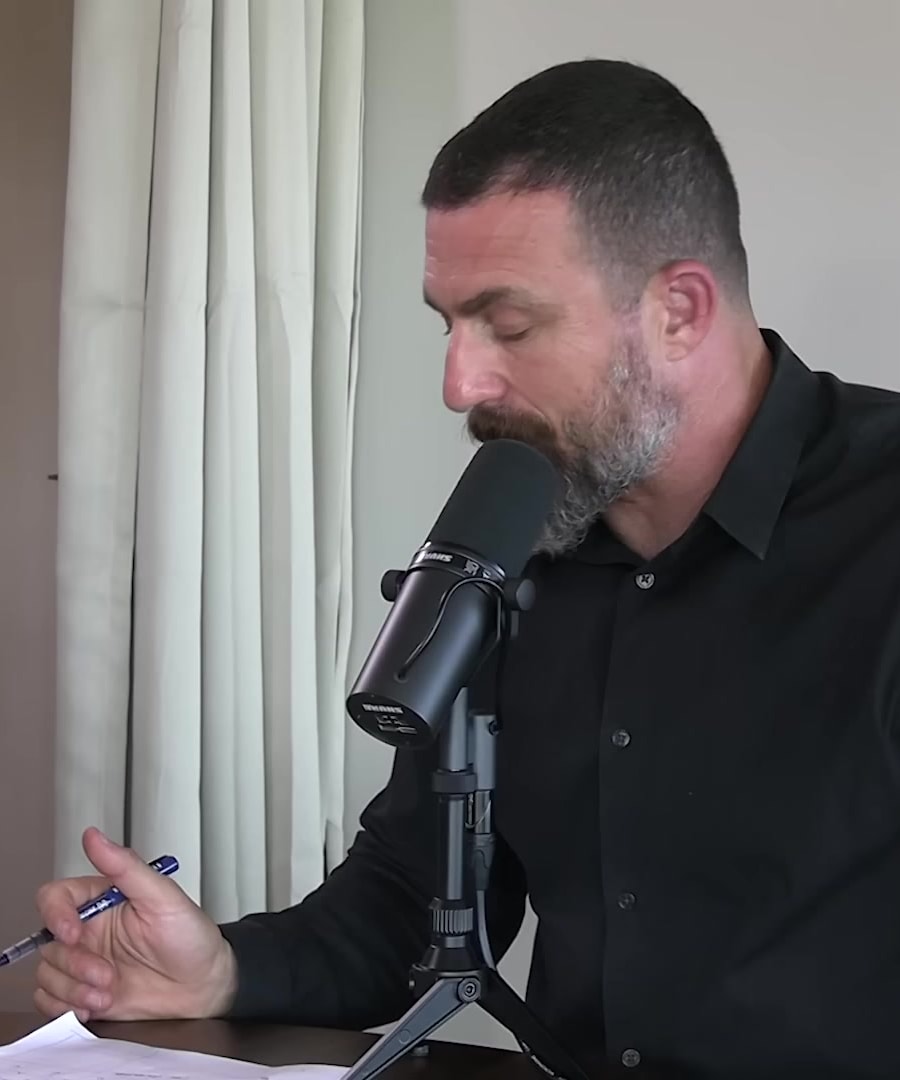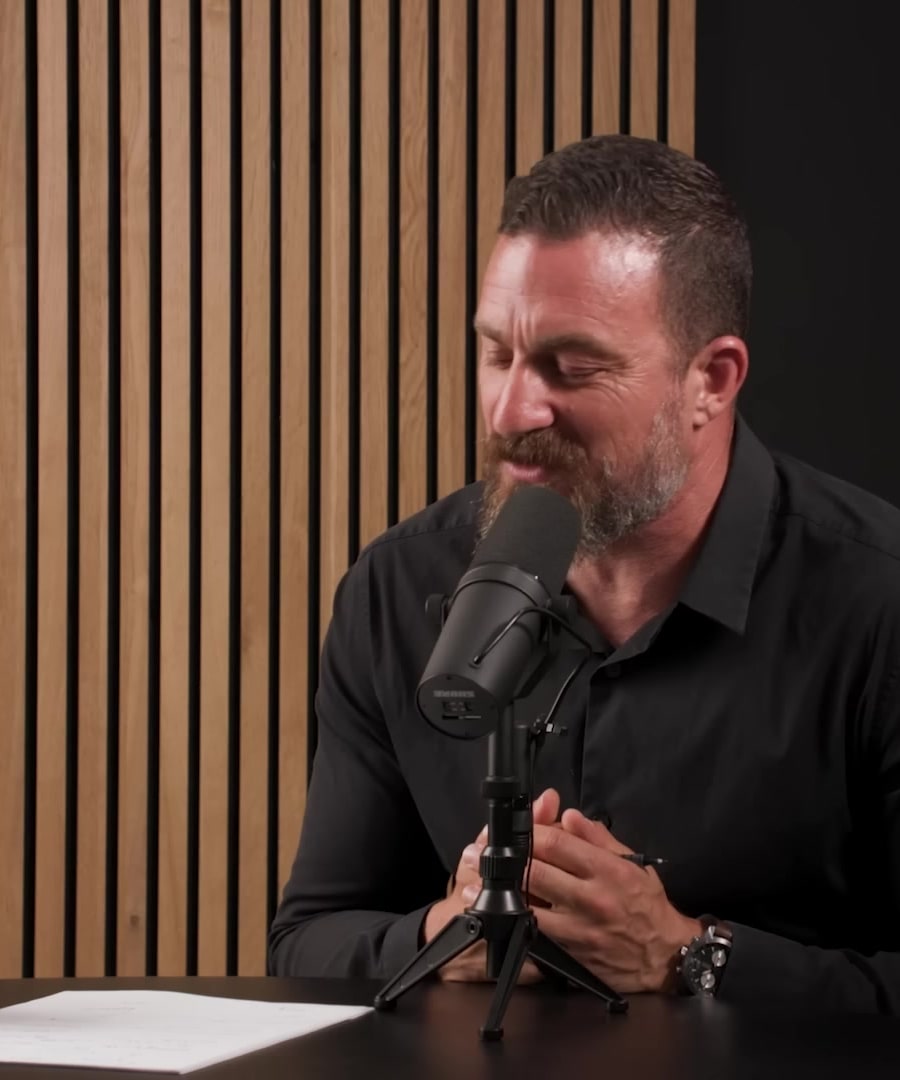testosterone therapy
Sources:
Testosterone therapy, often discussed under terms like testosterone replacement therapy (TRT) or testosterone augmentation therapy, raises various health considerations and potential impacts on fertility. Here’s an overview based on insights from the Huberman Lab podcast:
Key Insights on Testosterone Therapy
-
Types of Therapy:
- Testosterone Replacement Therapy (TRT) is for individuals with clinically low testosterone levels (below 300 ng/dL) to restore normal levels.
- Testosterone Augmentation Therapy involves administering testosterone to those who already have normal or high-normal levels (between 300 and 900 ng/dL) for performance or cosmetic reasons, which is more controversial and can lower endogenous testosterone production 1.
-
Impact on Fertility:
- Exogenous testosterone can significantly decrease sperm count and quality, leading to potential infertility. Approximately 5% of infertile male patients may be infertile due to testosterone therapy 1.
- Human chorionic gonadotropin (HCG) is sometimes prescribed alongside testosterone to help maintain sperm production, especially in men who still wish to conceive 1.
-
Dosage and Administration:
- Dosage typically starts around 100-120 mg per week, divided into multiple doses to maintain stable blood levels and reduce spikes associated with single large injections. Doctors often recommend injections every other day or three times a week for optimal effect 2.
- Careful monitoring of hormone levels and side effects is crucial. Common side effects include acne, mood swings, and cardiovascular concerns 2.
-
Cancer Risk:
- There is a common misconception that testosterone therapy increases the risk for prostate cancer. Current evidence suggests that as long as testosterone levels remain within a well-regulated range, there is no significant increase in prostate cancer risk 3.
-
Age and Use:
- There is debate about the appropriateness of using testosterone therapy at younger ages, especially for augmentation. Individuals are advised to understand their hormonal profile and the potential consequences of therapy 3.
Important Considerations
- Close collaboration with a knowledgeable physician is critical for anyone considering testosterone therapy. Regular blood work to monitor hormone levels and assess health risks is necessary to ensure safe management 2.
- Potential side effects and complications from testosterone therapy can vary widely among individuals, necessitating tailored treatment approaches.
This overview captures vital aspects of testosterone therapy discussed on the Huberman Lab podcast, highlighting its complexities and the need for informed decisions regarding use.
RELATED QUESTIONS-
testosterone therapy
- RELATED QUESTIONS


